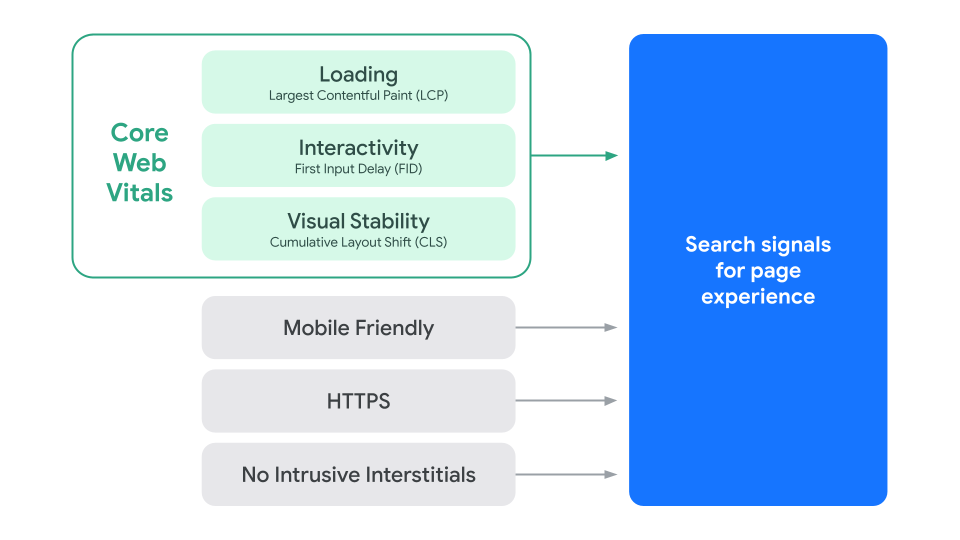What is Linux Hosting, and Why does it matter to you?
Linux Hosting is a type of web hosting that smoothly runs on the Linux operating system. It is easy to use, flexible, and shared by anyone. Moreover, most businesses utilize Linux web hosting for their VPS hosting as it is compatible with other languages and provides tools like PHP and MySQL. With Linux hosting, users mostly get access to features like cPanel, a control panel that simplifies web management, and Apache or NGINX web servers that are popular for their performance. The cost-effectiveness and flexibility of Linux hosting make it the preferable choice for developers and businesses of all sizes. Most hosting providers offer Linux hosting plans with scalable options to suit different business requirements. Let’s explore why Linux hosting matters to you.
Why Should I Use a Linux hosting?

Open-Source
As Linux hosting is an open-source that allows hosting providers to personalize their software server to best suit their requirements without needing to worry about licensing charges.

Stability and Reliability
Linux is famous for its exceptional stability: Websites hosted on Linux servers tend to experience low downtimes. This robustness can be crucial for businesses that can't afford any disturbance in their online services.

Support and Community
The vast global community supporting Linux web hosting is unbeaten. This guarantees that, in the unlikely event of a problem, a wealth of knowledge and resources is available to address it.

Security
Linux is inherently secure due to its design and architecture. They are less affected by threats and cyberattacks and also less prone to viruses and malware compared to others.

Firewall Configurations
Firewall configurations are vital for protecting your business’s online assets. Linux web hosting provides robust firewall capabilities to expand your website’s security. With Linux, you have the flexibility to configure your firewall setting to meet your particular specific requirements.
Pros
Cost-Effective and Reliable
Linux hosting is cost-effective and considered a reliable hosting service. It allows you to save a significant amount of money.
Open source and Flexibility
Linux hosting utilizes open-source software to easily download any software or application you desire.
Strong Reputation
Linux has a fantastic reputation and is so great that, in some ways, it is better than the Windows platform. Linux hosting is extremely flexible.
High Flexibility
Linux hosting is extremely adaptable, making it a versatile option for various hosting needs.
Cons
Case-Sensitivity
One drawback of Linux hosting is that its directories and filenames are notoriously case-sensitive.
Limited Support for Programming Languages
Linux hosting is not ideal for languages like ASP.NET, which are better supported on other platforms.
Migration Difficulty
There may be some difficulties with migration.
Loading Time issues
You may encounter slower loading times with Linux hosting, depending on the configuration and resources.
How much Linux Web Hosting Plan Cost Generally?
Linux hosting comes with cost-effective plans. The plans start at $0.99 per month for a single domain. For those needing additional features, such as the intuitive cPanel interface and support for unlimited domains, prices typically range from $3 to $5 per month.
Also, if you need more powerful resources, entry-level VPS hosting plans start at approximately $3 per month, including 1vCPU and 1 GB RAM. For businesses that require a dedicated server environment, pricing can start at $50 per month, as the average falls between $100 and $125 monthly.
| Hosting Type | Price Range |
|---|---|
| Shared Hosting | $0.99 to $6 per month |
| VPS Hosting | $3 to $20 per month |
| Dedicated Hosting | $75 to $125 per month |
Step-by-Step Guide to Select Best Linux web hosting providers
To make an educated choice, consider engaging a Linux Hosting Provider with a strong track record that aligns with your business requirements. Follow these steps to choose one from our curated list.
-
Find a server in your region
We’ve filtered the best Linux hosting providers for you. Finally, it would help if you found the hosting provider from our list with a data center around your location. The proximity of the server is essential as it is directly linked to the website loading speed, which can define the success of your business.
-
Server speed matters
The study says that 40% of users leave a website if it doesn’t upload within 3 seconds. Server speed is critical for your website's Core Web Vitals, which Google uses to measure page experience. These metrics—Loading (LCP), Interactivity (FID), and Visual Stability (CLS)—impact user experience and search rankings. Faster servers reduce LCP, helping your site load quicker and rank better

-
Choose the one with the highest uptime guarantee
Uptime means how long your system is running. Your hosting provider can guarantee 99.9% industry-standard uptime. High uptime means a seamless customer experience and, hence, better business.
-
Ensure 24/7 support from the provider
Your website's uptime and speed are directly proportional to your reputation. You don’t want your customers to refresh the website while paying for or viewing their favorite product. Choose a provider who offers additional 24*7 support.
-
Rotational- Based Backup
This is a crucial feature that makes sure your website data is regularly backed up and versions are retained. A rotational-based backup allows you to restore your website to a previous state if something goes wrong during updates or changes. Therefore, check how often backups are performed i.e., daily/weekly/monthly and make sure that you have the option to restore.
-
Analyze the reviews of the provider
A good user review is your first guarantee that says much about the service provider. We recommend you research the reviews of hosting providers listed on Hosting Seekers. Choose a Linux reseller hosting provider with the reviews that impress you the most and resonate with your business. Partnering with the right hosting provider solves half of your website development problem. Choose your Linux business hosting partner wisely by doing market research and comparing what works best for your business.
